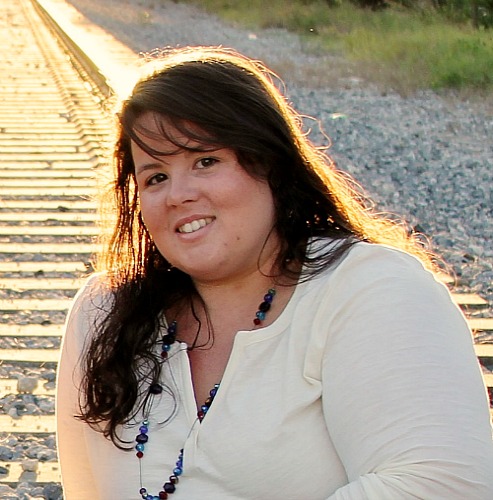Leaving a positive impact with communications: Sarah Anderson [profile]
Before Sarah Anderson even started her nonprofit career, she knew that her work had to leave a positive impact on the community.
“As part of a post-graduate certificate in corporate communications and public relations, I interned at a nonprofit and it was an incredibly rewarding, challenging and valuable experience,” says Sarah. “It was that experience that really cemented for me that whatever industry I worked in, I wanted to have a job where I felt that I was always striving toward making my community a better place. It was important for me to have that in both my personal and professional life.”
And now, as senior manager of communications of the Daily Bread Food Bank in Toronto, she is part of an organization that provides food and resources to almost 200 food programs throughout the city. Daily Bread Food Bank is a nonprofit, charitable organization that is fighting hunger. Daily Bread works toward long-term solutions to hunger and runs innovative programs to support people on low incomes, including a community kitchen, garden and food services training program, in addition to information and referral services centre to connect food bank clients to community resources.
Creating consistent communications
As a leading role in the communications department, Sarah handles external communications like social media, a monthly e-newsletter and annual report. With her team, she also manages and directs the technical and design aspects of the organization’s website.
“The year I started at Daily Bread the back end of our website was completely dysfunctional and the front end wasn’t that great either,” Sarah says. “One of my first tasks was to begin a complete redesign, a process I had never dealt with before. It was a crash course in website management and design, but we ended up with a user-friendly website that functions well on the back-end as well.”
As the organization has grown, so have its communications needs. It’s become increasingly important to ensure seamless brand messaging and ensure the integrity of Daily Bread’s strategic communications.
“There was a lot of clip-art and funky versions of our logo – or no logo at all – happening on a lot of material,” Sarah says. “Through brand training for staff as well as developing and implementing a communications request process, the quality and consistency of the material that now goes out is more reflective of Daily Bread’s brand.”
Sarah is also responsible for all of Daily Bread’s media relations, including pitching stories to the media, conducting media training to prepare others to speak to media and acting as a spokesperson for Daily Bread, when required.
Media relations insight
Sarah stresses that media relations professionals should put themselves in the shoes of the journalists. Before pitching a story think about how your story will present on various media (broadcast, media, print), and most importantly, she says, ask yourself if the story is truly interesting.
“Don’t be afraid to push back when it comes to internal and external requests about getting media exposure when there is no story there,” she says. “The worst thing you can do is overload the media with stories that aren’t interesting. You end up wasting everyone’s time and risk damaging your relationships with the media. Don’t be the media relations person who cried wolf!”
Sarah advises to be aware of timing when pitching stories to the media. A story pitched in May may be better suited for December, so actively become aware of what else is going on in the news.

![Leaving a positive impact with communications: Sarah Anderson [profile]](https://nonprofitmarcommunity.com/wp-content/uploads/2014/11/SAnderson-Bio-Pic.jpg)

 PRINT
PRINT
